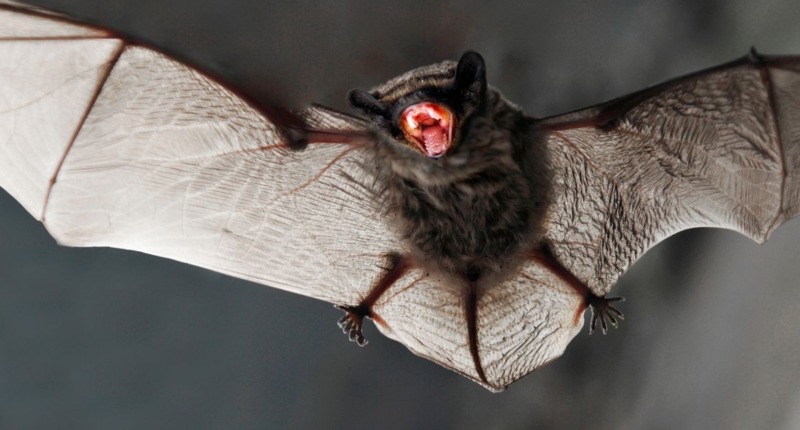A new study reveals that a Covid-like virus has been found in UK bats, and scientists warn that it could infect humans. The Greater and Lesser Horseshoe Bat are among the 17 species of UK bats breeding in the United Kingdom, and lab analysis found RhGB07, a disease that is only “adaptations” away from infecting humans. While the risk of another pandemic is small, scientists say the “possibility of a future host-jump” cannot be ruled out. To reduce exposure to bat coronaviruses, individuals who frequently come into contact with bats are encouraged to adhere to biosafety practices. Infectious disease expert Professor Francois Balloux reassured the public that the research was conducted safely and that “We didn’t use any live virus.”
Scientists Warn that Covid-Like Virus Found in UK Bats Could Infect People Next
According to a recent study, a Covid-like virus has been discovered in UK bats that could mutate and infect humans. Scientists from renowned institutions such as Imperial College London, The Francis Crick Institute, and University College London conducted a comprehensive survey of the 17 species of UK bats. The team collected 48 faecal samples from 16 of the 17 bat species breeding in the UK, primarily from areas near Bristol, Birmingham, and Brighton.
Upon conducting lab analysis, scientists found RhGB07, a disease that is only “adaptations” away from infecting humans. The two offending finds were the Greater and Lesser Horseshoe Bat, with the viruses designated RhGB07 and RfGB02. Although the team found two new viruses, the other Covid-like strain posed no danger to humans.
The report indicates that there are 17 bat species breeding in the United Kingdom, and they can roost in domestic buildings, churches, barns, and other man-made structures. The high habitat overlap with humans places bats in close proximity to domesticated and farmed animals, which can serve as potential bridging hosts for transmitting bat-borne viruses to humans.
While the risk of another pandemic is small, scientists say the “possibility of a future host-jump” cannot be ruled out. Professor Francois Balloux, an infectious disease expert based at University College London and an author of the study, stated that “multiple factors have to align for the successful emergence of a zoonotic pathogen in humans, including the frequency of exposure, the ability of the pathogen to infect humans, and its capacity for onward human-to-human transmission.”
To ensure public safety, scientists suggest that individuals who frequently come into contact with bats adhere to biosafety practices to reduce exposure to bat coronaviruses. Although the possibility of the virus infecting humans is a cause for concern, the report cautions that various factors must align for a zoonotic pathogen to emerge successfully in humans.
Overall, the study serves as a warning that the Covid-like virus found in UK bats could infect people next and underscores the importance of taking measures to prevent the spread of the virus.
Infectious disease expert Professor Francois Balloux, who authored the study, took to Twitter to reassure the public that the research was conducted safely and that “We didn’t use any live virus.” For the latest news updates, readers can sign up for one of the newsletters available on the website.
Don’t miss interesting posts on Famousbio










